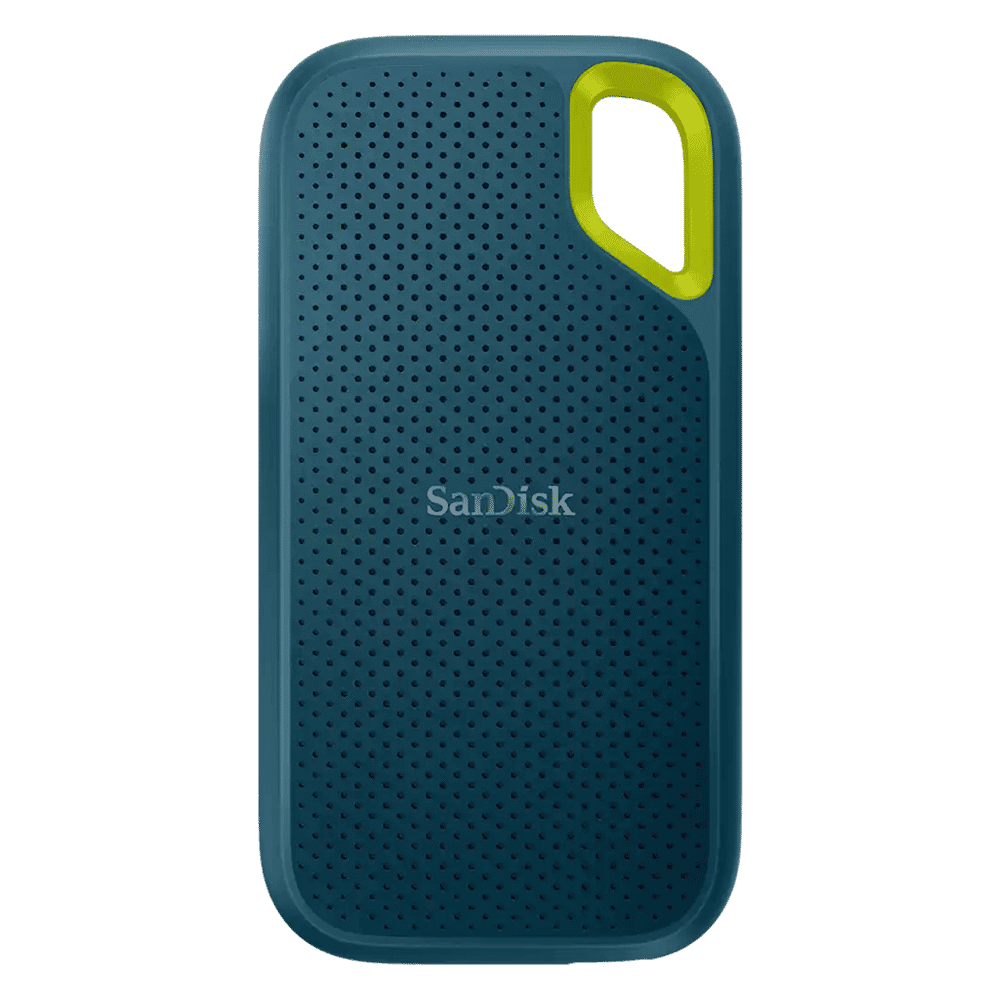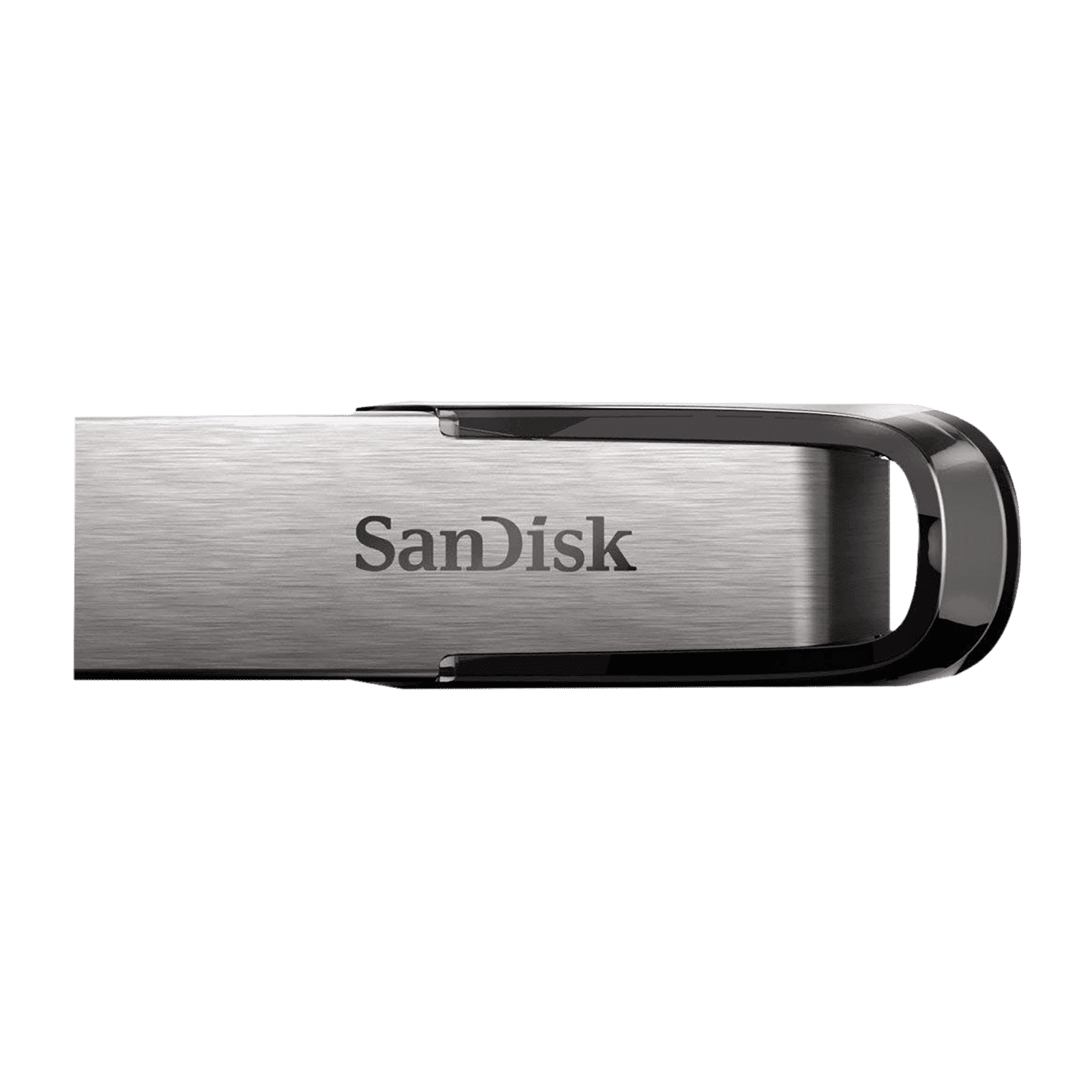%20(Presentation)%20(1600%20x%20600%20px)(521)-44139201-a666-4969-a5c8-939ef77e8ddb.webp&w=3840&q=75)
Consumer Electronics
•05 min read

Buy SanDisk Extreme 1 TB USB Type-C (3.2) Portable Solid State Drive (Drop Protection, Monterey) online at best prices from Croma. Check product details, reviews & more. Shop now!
Choosing the right storage solution can feel like navigating a maze—HDD, SSD or NVMe—what is the best fit for your needs? With the rapid evolution in storage technology, traditional Hard Disk Drives (HDDs) continue to serve as reliable, cost-effective storage options, while Solid State Drives (SSDs) and Non-Volatile Memory Express (NVMe) storage are quickly capturing the interest of tech enthusiasts, families and young professionals alike. In this article, we explore the characteristics and benefits of each solution to help you decide which one meets your performance, durability and budget needs. By the end of this blog, you will understand the key differences, performance metrics and ideal use cases for HDD, SSD and NVMe storage.
HDDs have been the stalwarts of computer storage for decades. Using mechanical components such as spinning platters and a moving arm, HDDs store data magnetically. Their reliability in archival storage and budget-friendly pricing makes them an attractive option if you're looking for a large capacity without breaking the bank.
SSDs mark a significant upgrade from HDDs by eliminating moving parts. This design leads to faster read/write speeds and better durability. Traditional SATA SSDs are widely adopted for their balance between performance and reliability, and they are particularly valued in laptops and everyday devices for their energy efficiency.
NVMe drives represent the forefront of storage technology. Utilising the PCIe interface, these drives offer drastically reduced latency and faster data transfer speeds than traditional SATA-based SSDs. Their cutting-edge performance makes NVMe the ideal choice for users who demand the fastest load times and data processing speeds, especially in professional and gaming environments.
Speed is often the primary consideration when choosing a storage solution. HDDs, with mechanical components, exhibit lower read/write speeds compared to their solid state counterparts. SSDs offer a substantial boost in performance, reducing boot times and file transfer durations considerably. However, for those requiring ultra-fast performance, NVMe stands apart with its ability to deliver read/write speeds that are several times higher than traditional SATA SSDs. Whether you are transferring large files or running highly demanding applications, the speed difference between these technologies can significantly affect your experience.
When comparing storage solutions, durability and reliability over time are crucial factors. Mechanical parts in HDDs are more prone to wear and tear, which may affect long-term performance and longevity. SSDs and NVMe drives, on the other hand, have no moving parts, offering enhanced durability and a longer lifespan. This distinction often comes into play when considering investments for gaming rigs, laptops or professional workstations, where the demands on the storage device are high. In summary, the 'hdd vs ssd lifespan' comparison clearly favours SSDs and NVMe for enduring performance.

Buy SanDisk E30 1TB USB Type-C (3.2) Portable Solid State Drive (Drop Protection, Dark Blue) online at best prices from Croma. Check product details, reviews & more. Shop now!
The cost per gigabyte is another important aspect when making your decision. HDDs remain the most economical option if vast storage is the priority. Although SSDs come with a premium, their performance improvements and reliability provide a valuable balance between price and performance. NVMe drives, being on the cutting edge, do carry a higher price tag, but they are a future-proof investment for users with demanding performance needs. For those who enjoy smart saving while shopping on platforms like Tata Neu, earning NeuCoins rewards adds another layer of value to your tech investments.
Gamers often search for storage that can reduce loading times and prevent lag during play. SSDs have gained popularity in gaming setups for these reasons. Their improved performance significantly enhances gaming experiences by speeding up game loading and system boot times. However, if you are an enthusiast looking for the pinnacle of speed, NVMe is worth considering. The enhanced speed of NVMe drives provides an extra edge when engaging in fast-paced competitive gaming or high-resolution game development, ensuring that every moment is captured without delay.
For many laptop users and families utilising a device for everyday tasks—such as web browsing, document editing and multimedia consumption—the efficiency and compact nature of SSDs make them an excellent choice. They not only ensure quick performance but also contribute to better power efficiency which is ideal for portable devices. Nevertheless, for those on a tight budget, HDDs remain a viable option, particularly in devices where storage capacity outweighs the need for blazing-fast speeds. Choosing the right storage solution depends on your specific daily use-case scenario.
For professionals working with large files, such as video editors, 3D artists or developers, fast data processing is critical. NVMe drives excel in these demanding environments, handling multitasking and extensive data operations with ease. The increased speed and reduced latency of NVMe storage empower users to execute complex tasks efficiently, supporting everything from real-time editing to sophisticated digital workflows. These advantages make NVMe the storage solution of choice for those requiring premium performance in professional settings.
At the heart of the comparison between these storage types is the architectural difference. NVMe utilises the PCIe interface, which dramatically improves data transfer speeds compared to SATA SSDs that rely on older technology. This 'nvme vs sata ssd' comparison highlights the significant performance boost one gets when opting for a drive with the latest technology. For users who want every task to run seamlessly, NVMe storage provides a noticeable edge.

Buy SanDisk Ultra Fair 64GB USB Type A (3.0) Pen Drive (Stylish and tough, Black) online at best prices from Croma. Check product details, reviews & more. Shop now!
Beyond speed, NVMe storage offers benefits such as enhanced efficiency and better system responsiveness. The quick access to information means less time waiting and more time engaging in productive activities, whether that be high-performance gaming or resource-intensive professional work. The 'benefits of nvme storage' are clear: faster boot times, swift file transfers and a consistent performance even when handling large volumes of data. In environments where every millisecond counts, NVMe stands as the superior choice. Additionally, investing in such forward-thinking technology aligns with a smart lifestyle, much like shopping smartly on Tata Neu and earning NeuCoins rewards with every transaction.
Did You Know? The Speed King of Storage
NVMe drives can achieve read/write speeds up to 7,000 MB/s, making them nearly 12x faster than traditional SATA SSDs and up to 30x faster than HDDs. If speed is your top priority, NVMe is the clear winner.
NVMe is the fastest and most advanced, SSDs offer a balance of speed and affordability, and HDDs are best for budget-friendly, high-capacity storage.
Yes, especially if you need ultra-fast speeds for professional workloads or gaming. However, for basic tasks, SATA SSDs provide sufficient performance.
NVMe utilises a PCIe interface, offering significantly faster speeds and lower latency compared to SATA SSDs which use a slower interface.
NVMe can reach speeds of up to 7,000 MB/s, SATA SSDs average around 500 MB/s, while HDDs typically deliver around 150 MB/s.
NVMe storage offers unparalleled speed, reduced latency, enhanced efficiency and is ideally suited for multitasking and data-heavy applications.
In summary, the choice between HDD, SSD and NVMe depends largely on your requirements and budget. HDDs remain a dependable and economical solution for large-scale storage needs. SSDs offer a marked improvement in speed and efficiency, making them the preferred option for everyday use and laptops. NVMe drives, with their superior performance and rapid responsiveness, cater to both professional and high-performance use cases. Ultimately, the best storage solution is the one that matches your personal or professional demands while providing reliable long-term performance. With Tata Neu, you can shop smartly and earn benefits like NeuCoins rewards, ensuring you enjoy added value with every purchase.